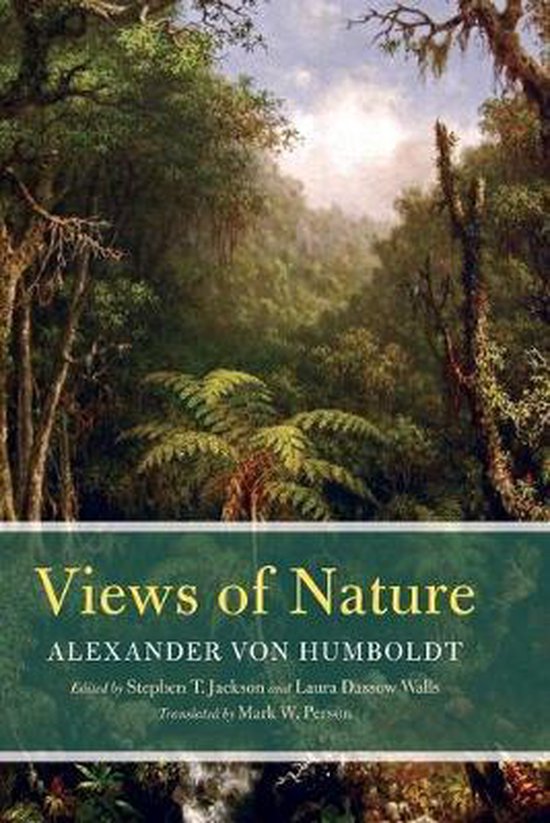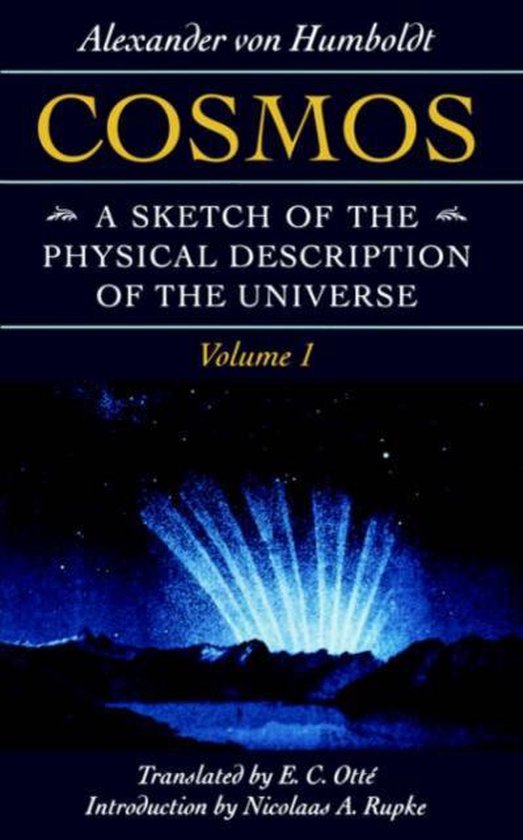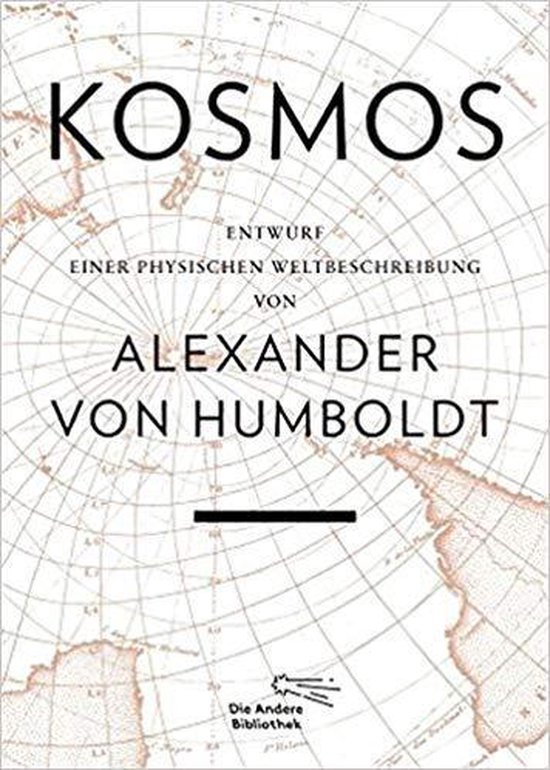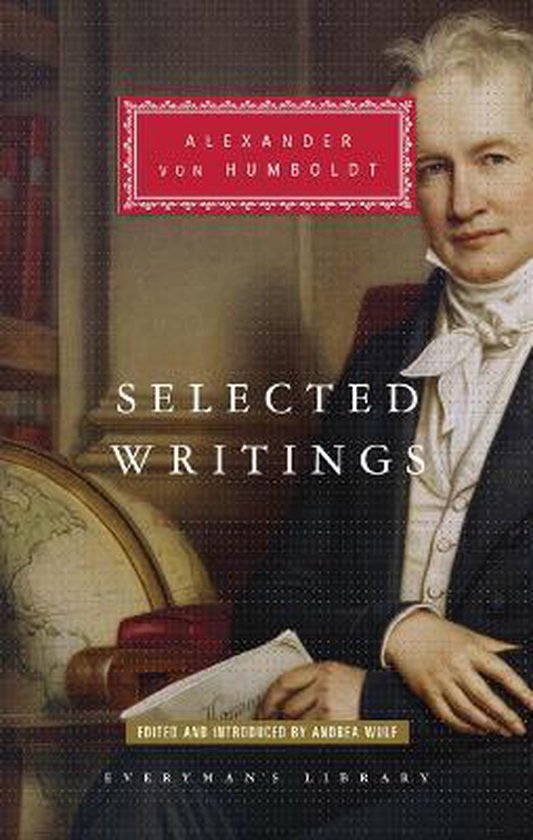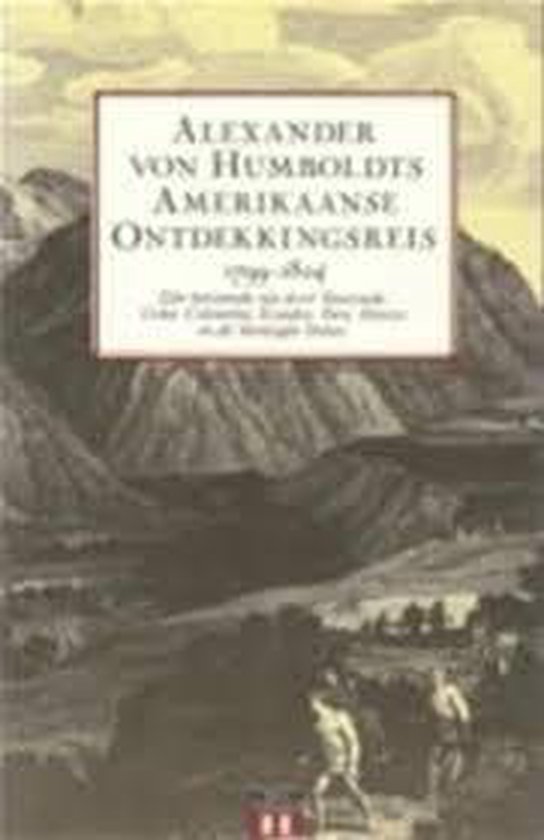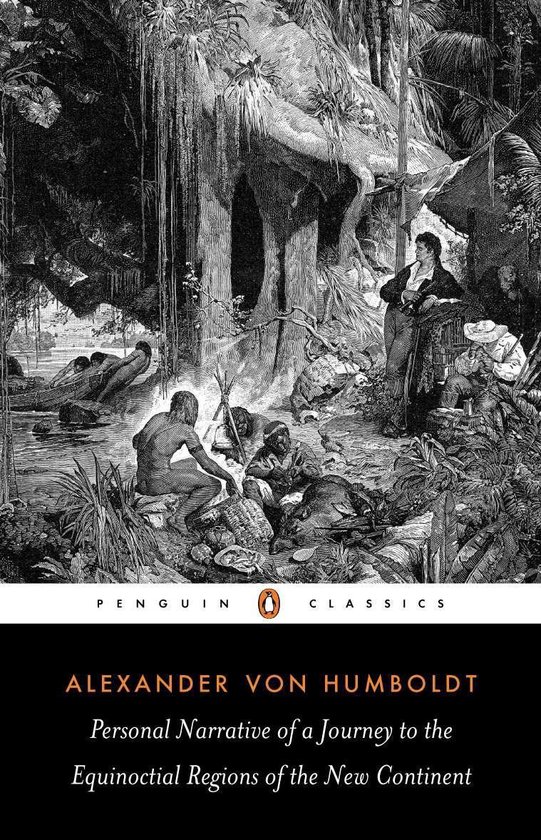
PC Personal Narrative Of Journey
One of the greatest 19th-century scientist-explorers, Alexander von Humboldt traversed the tropical Spanish Americas between 1799 and 1804. By the time of his death in 1859, he had won international fame for his scientific discoveries, his observations of Native American peoples and his descriptions of the flora and fauna of the continent'.
One of the greatest nineteenth-century scientist-explorers, Alexander von Humboldt traversed the tropical Spanish Americas between 1799 and 1804. By the time of his death in 1859, he had won international fame for his scientific discoveries, his observations of Native American peoples and his detailed descriptions of the flora and fauna of the 'new continent'. The first to draw and speculate on Aztec art, to observe reverse polarity in magnetism and to discover why America is called America, his writings profoundly influenced the course of Victorian culture, causing Darwin to reflect: 'He alone gives any notion of the feelings which are raised in the mind on first entering the Tropics'.
One of the greatest nineteenth-century scientist-explorers, Alexander von Humboldt traversed the tropical Spanish Americas between 1799 and 1804. By the time of his death in 1859, he had won international fame for his scientific discoveries, his observations of Native American peoples and his detailed descriptions of the flora and fauna of the 'new continent'. The first to draw and speculate on Aztec art, to observe reverse polarity in magnetism and to discover why America is called America, his writings profoundly influenced the course of Victorian culture, causing Darwin to reflect: 'He alone gives any notion of the feelings which are raised in the mind on first entering the Tropics'.
| Auteur | | Alexander Humboldt |
| Taal | | Engels |
| Type | | Paperback |
| Categorie | | Wetenschap & Natuur |
